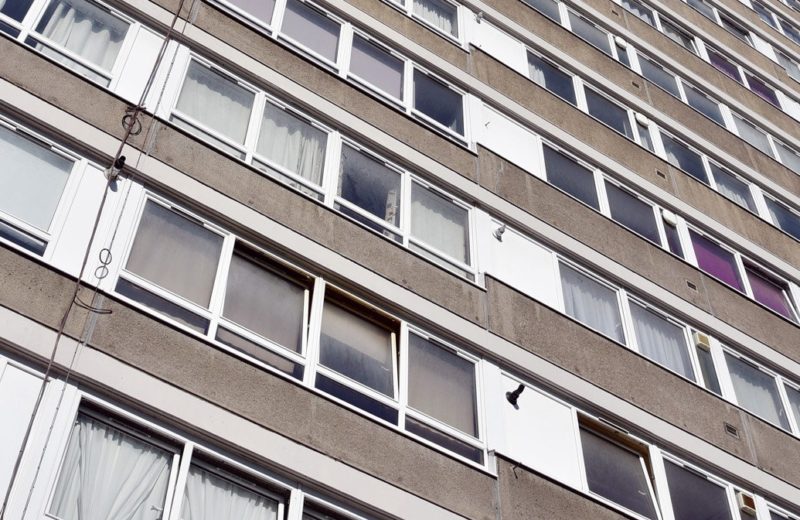Thangam Debbonaire
MP for Bristol West
Shadow Secretary of State for Culture, Media and Sport

After four years of the government dragging its feet, Labour welcomed the long-awaited Second Reading of the Renters Reform Bill earlier this week (23rd October).
Many people from Bristol have written to me about how they have been affected by the rental crisis.
Labour has supported fundamental reform of the private rented sector and has called for it for many years. Regardless of whether you are a homeowner, a leaseholder or a tenant, everyone has the basic right to a decent, safe, secure, and affordable home.
I pushed for this when I was Shadow Housing Secretary three years ago as well as demanding greater protections for tenants during the Covid crisis. As Shadow Leader of the House of Commons, I called the government out for continued delays that have been letting renters down.
During the Second Reading of the Bill, my colleague the Shadow Levelling-up Secretary Angela Rayner pointed out that the ‘Bill is shamefully overdue, but imperative’.
I welcome some of the provisions in the Bill, such as the simplification of tenancies and creation of a new ombudsman. I am also pleased that Labour’s proposed Landlord register has made it to the Bill.
However, I am disappointed that the Bill doesn’t go far enough and is often vague. The new grounds for and protections from evictions are a welcome step, but the details on those grounds remain vague. On evictions, there remains a loophole by which renters are protected only for the first six months of their tenancy if their landlord decides to sell the property or move back in.
The most glaring gap is the delay in the ban to no-fault evictions. I was disappointed that Rishi Sunak has suggested that the promised ban on Section 21 eviction will be be delayed until reforms to the judicial system are completed.
Since the government first promised to end Section 21 ‘no fault evictions’, over 70,000 households have been evicted and threatened with homelessness. At the height of a cost-of-living crisis, tenants have never been so exposed and desperately in-need of action by the government to establish a fairer, more secure, and more affordable Private Rented Sector.
On section 21, it is not just a question of when the law is implemented but of how. Every household threatened with homelessness by a section 21 notice has the right to assistance from their local council to prevent them from becoming homeless, but the Bill removes that right to immediate help. That loophole could lead to a huge spike in homelessness and must be closed, as pointed out by Angela Rayner.
Despite its faults and gaps, the Renters (Reform) Bill is an important step forward, supporting renters facing the cost of living crisis, so Labour will work constructively throughout its remaining stages.
